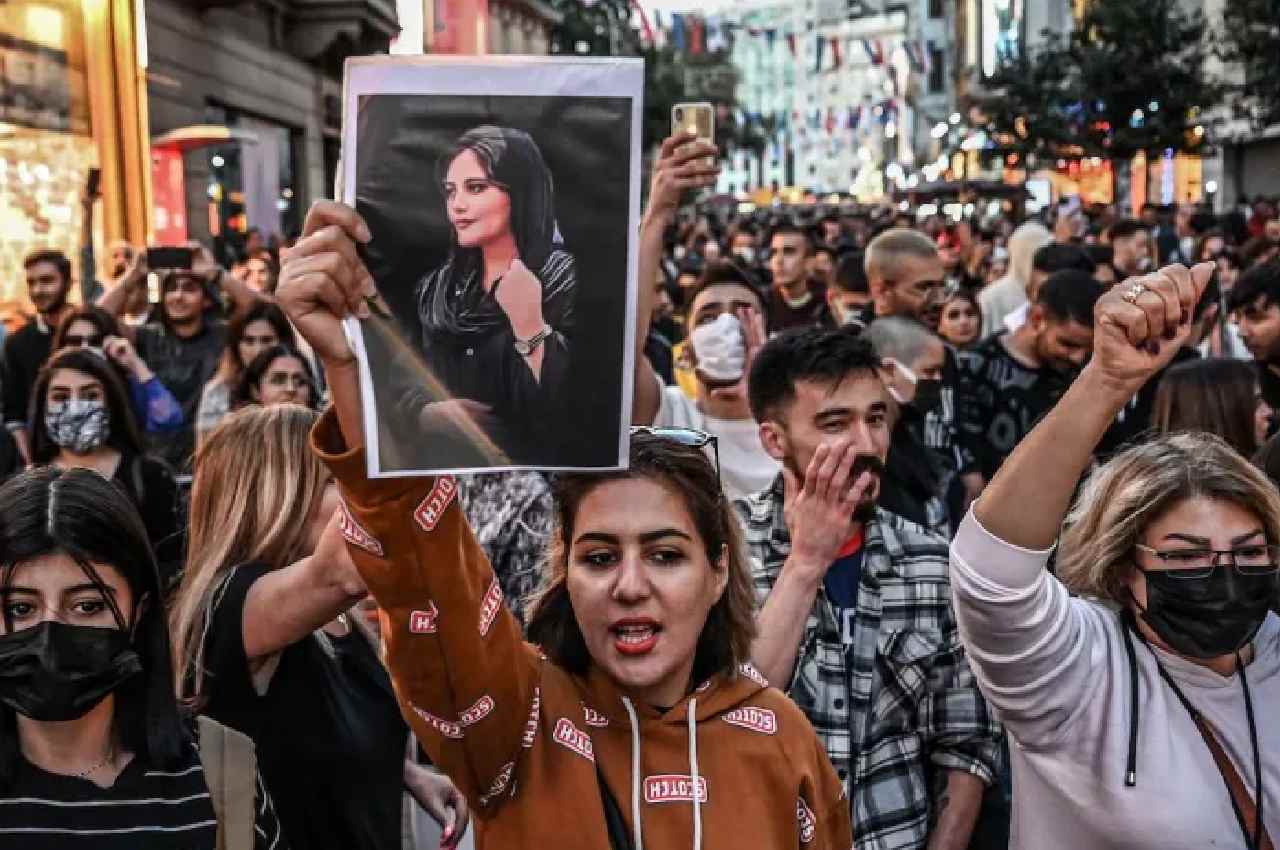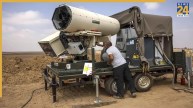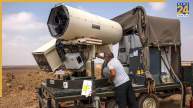New Delhi: Hundreds of protestors marched through the streets of a northern Iranian city on Wednesday to celebrate the 40th anniversary of the death in detention of 22-year-old Mahsa Amini, whose murder ignited Iran’s largest anti-government uprising in almost a decade.
In Shiite Islam, as in many other traditions, a funeral is remembered 40 days afterwards, usually with a public display of sadness.
Crowds snared through the neighbourhood cemetery and thronged Amini’s grave in Saqez, the Kurdish hometown of Amini and the birthplace of the nationwide turmoil that is currently rattling Iran.
Death to the dictator, the demonstrators shouted.
Schools and institutions in the northwest of Iran would be closed, according to state-run media, in an effort to stop “the spread of influenza.”
Shops in Tehran’s central business district were closed, and riot police were out in force.
According to witnesses, a number of schoolgirls marched through the streets yelling at the government while passing cars honked in solidarity. Additionally, the University of Tehran campus was filled with anti-government shouts.
Amini, who was imprisoned for allegedly breaking the nation’s severe dress code for women, continues to serve as a vivid representation of the demonstrations that have posed one of the most significant threats to the Islamic Republic.
The protests’ initial focus was on women’s rights and the state-mandated hijab, or headscarf for women, under the hashtag #WomanLifeFreedom. However, they soon turned into demands for the overthrow of the Shiite clerics that have ruled Iran since the Islamic Revolution in 1979.
University students, labour organisations, prisons, and ethnic minorities like the Kurds along Iran’s border with Iraq have all been inspired by the rallies.
According to rights organisations, security forces have used live bullets and tear gas to disperse protesters since the uprising began, killing over 200 people in the process.
Estimates place the number of people who have been arrested in the thousands. This Monday, Iranian legal authorities declared that they will try over 600 persons for their participation in the protests, including 315 in Tehran, 201 in the nearby province of Alborz, and 105 in the province of Khuzestan in the southwest. (sematext)
According to Tehran prosecutor Ali Salehi, four protestors were charged with “war against God,” a crime that carries a death sentence in Iran.
Iranian officials have attributed the demonstrations to foreign meddling without providing any supporting data.













